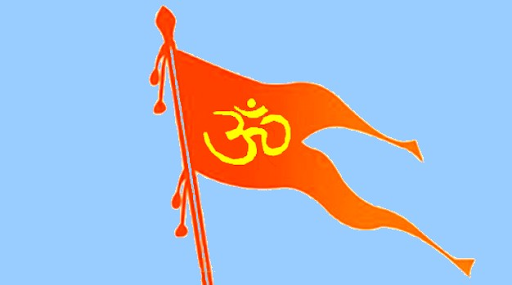A recent nationwide survey report by Pew Research Center, a non-profit based in Washington DC, US has shed light on freedom of religion, religious tolerance, Indian national identity, caste, experiences and myriad other indicators to gauge the construct of the Indian society and its behaviour.
The report titled “Religion in India: Tolerance and Segregation”, based on nearly 30,000 face-to-face interviews of adults conducted in 17 languages between late 2019 and early 2020 (Pre-Covid), and concerning the six major religious groups (Hindus, Muslims, Sikhs, Christians, Buddhists, 109 Jains) overwhelmingly states that every religious group is free to practice their faiths, and most say that people of other faiths are also free to practice their own religion.
According to the report, out of the lot that said they are not concerned with the interreligious marriage, 85 per cent of Hindus strongly valued religious tolerance, shutting the mouths of left-liberals who more often than not target Hindus for being intolerant and unwelcoming of other religions.
The report further states that across the country, 84 per cent of the populace believes that to be “truly Indian,” it is very important to respect all religions. Indians also are united in the view that respecting other religions is a very important part of what it means to be a member of their own religious community
While two-thirds of Hindus say it is very important to stop Hindu women (67 per cent) or Hindu men (65 per cent) from marrying into other religious communities, a whopping 80 per cent of Muslim men say it is very important to stop Muslim women from marrying outside their religion, and 76 per cent say it is very important to stop Muslim men from doing so.
Meanwhile, when asked if they support the Sharia Courts and their existence, three-quarters of Muslims (74 per cent) support the existing system of Islamic courts. However, followers of other religions are far less likely to support Muslim access to this separate court system.
The survey also asked about practices specific to particular religions, such as whether people have received purification by bathing in holy bodies of water, like the Ganges River, a rite closely associated with Hinduism. About two-thirds of Hindus have done this (65 per cent). Most Hindus also have holy basil (the tulsi plant) in their homes, as do most Jains (72 per cent and 62 per cent, respectively). Meanwhile, 72 per cent of Hindus in India say a person who eats beef cannot be a Hindu.
The majority of the Indians say they believe in God (97 per cent) and religion is important in their lives. Around 80 per cent of people in most religious groups say they are absolutely certain that God exists. However, one-third of the Buddhists say they do not believe in God as belief in God is not central to the teachings of the religion.
Interestingly, 62 per cent of Hindus had a favourable opinion of the current BJP regime while 37 per cent of Muslims had a similar viewpoint and 15 per cent even voted for the party. The report is a fascinating study of the behaviour of the Indian public on religious lines and gives a deep dive into tolerance which has been the bedrock of India, despite the left-liberals saying otherwise.
